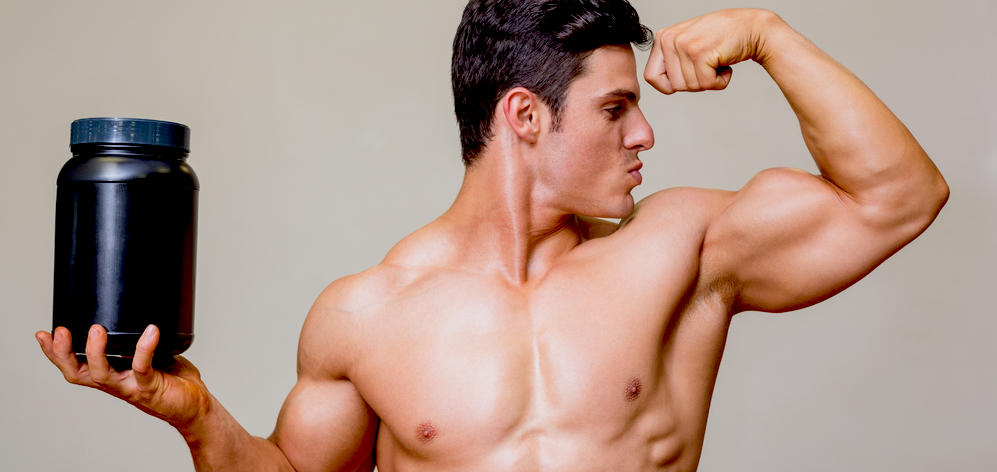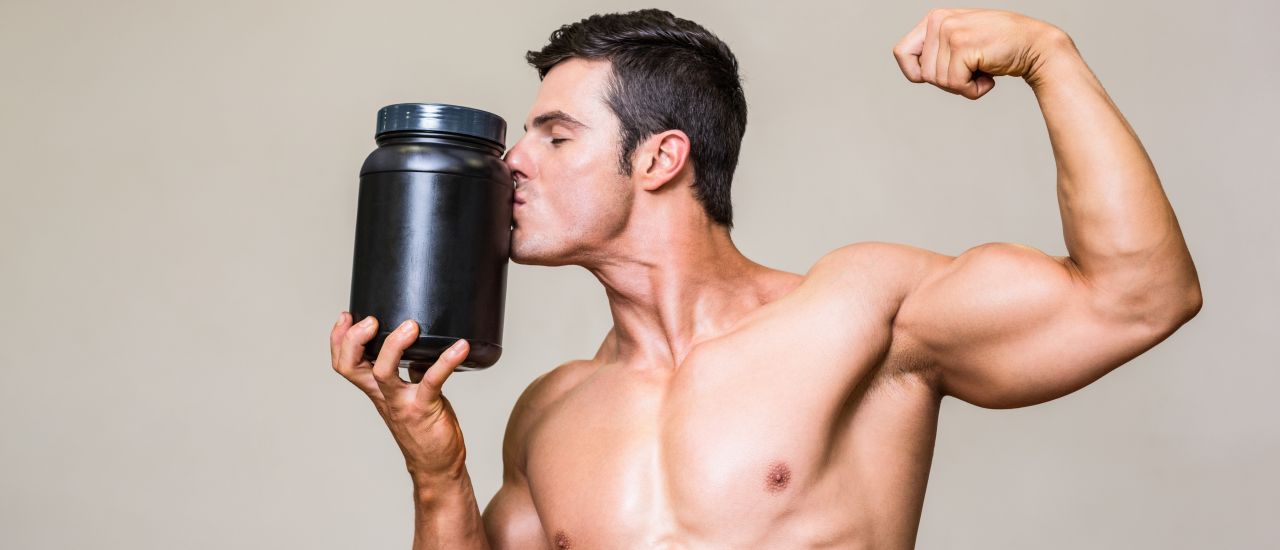Whey has been the go-to for fueling up on protein for years, but now there’s a new(ish) kid on the block. Make way for pea protein – a dairy- and gluten-free, plant-based protein made from dried and ground yellow split peas.
Pea protein is becoming a firm favourite amongst the health-conscious. It’s showing up in energy drinks, protein bars and shakes, cereals, pastas and even potato chips. With its ever-growing popularity, it raises the question: ‘Is pea the new whey?’
Pea protein vs. whey protein
Both pea protein and whey are considered complete proteins because they contain all nine essential amino acids, just in different amounts. Time to put your thinking-hat on for some science:
The key difference between the two is the amount of branch chain amino acids each protein has. Branched chain amino acids consist of leucine, isoleucine, and valine. These amino acids are important because they are stored in very high concentrations within muscle tissue and can improve performance, prevent fatigue, and reduce muscle breakdown.
What does it mean? Well, gram for gram, whey protein has more branch chain amino acids than pea protein, so in this sense, whey protein is a better product. However, whey protein isn’t suitable for everyone (because it contains dairy), while anyone can supplement with pea protein.
The main benefits of pea protein
Pea protein is a great source of dietary protein for vegetarians, vegans, or those who don’t eat animal products for ethical or religious beliefs. It’s also a good alternative if you’re lactose intolerant.It’s much easier to digest, so less likely to make you feel gassy or bloated and can keep you fuller for longer. As a result, this helps you to maintain a healthy weight.
In addition, pea protein is also high in arginine, an amino acid known to help build muscle, improve blood circulation, and stave off heart disease.
Whether you should be taking pea protein “all depends on your goals, preferences, and tastes,” says Chantal van Rooyen, a registered dietician and personal trainer in Gauteng. “One protein isn’t better than the other as each has its benefits.”
Pump up the protein!
Pea protein is good on its own, but even better when combined with brown rice protein, recommends Kelly Stegen, a diet and fitness coach from KwaZulu-Natal. “As pea protein is low in the amino acids cysteine and methionine, but high in lysine, it pairs perfectly with rice protein which is low in lysine, but high in cysteine and methionine. Together, they offer an optimal amino acid profile, which is superior to any single plant protein source.”
Is protein a power player for your health?
Yes. Protein forms part of every cell in your body, and is an important building block for your skin, muscles, bones, cartilage, and blood. Your body needs protein to build and repair tissues, and produce enzymes and hormones.
According to the World Health Organization, protein should make up 10-15% of your daily calorie intake, yet many people fall far short of this goal. What’s more, your body can’t make its own protein, nor can it store it. “There’s no reservoir to draw out of when the tanks are running low,” comments van Rooyen.
Getting enough protein in your diet is vital. Supplementing protein – plant- or animal-based – can help you meet your protein needs, and keep your body functioning at its best.


